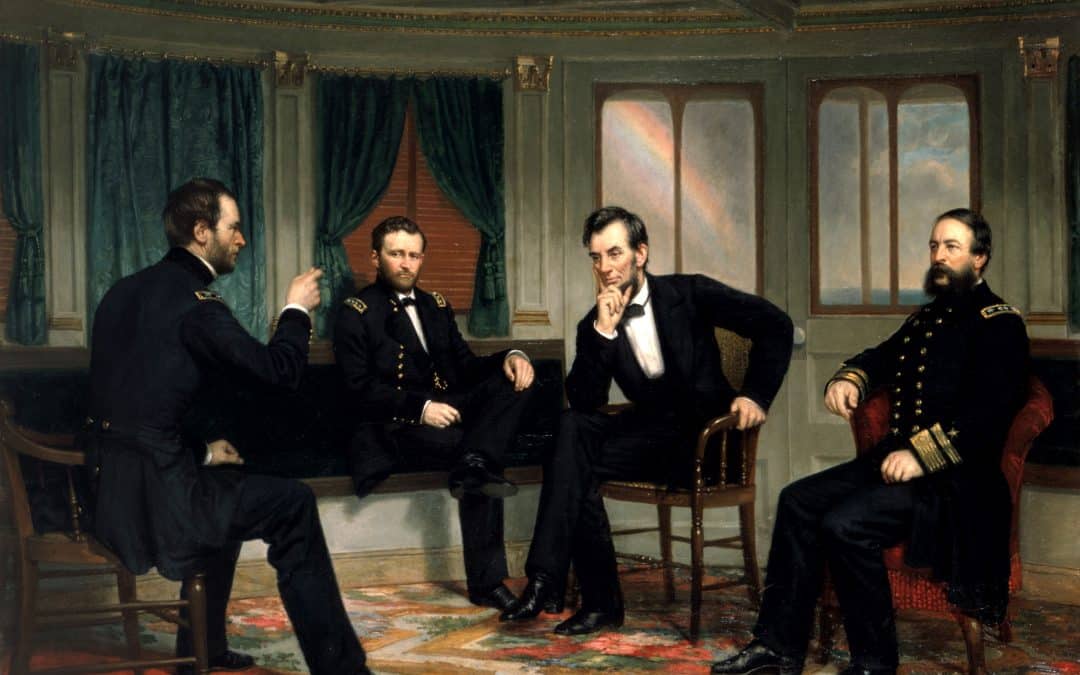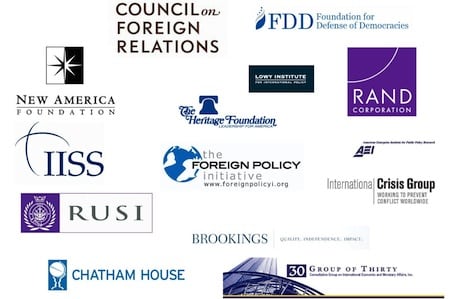Here’s what we can say about the Trump administration’s just-released National Defense Strategy: it’s not a strategy and its subject is not defense. Bearing the imprimatur of Pentagon chief James Mattis, the NDS—at least the unclassified summary that we citizens are...



